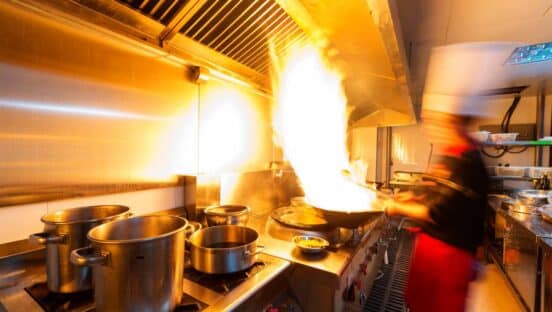On Friday, Donald Trump signed a $484 billion package into law that will replenish the Paycheck Protection Program with $310 billion.
The $349 billion program, which opened April 3, was bombarded with applicants, and the funds went dry in less than two weeks. More than 1.6 million loans were approved, and that included a large number of publicly traded companies, drawing the ire of many. With the new round of funding, $60 billion will be set aside for small and mid-sized lenders to serve businesses in rural and underserved communities.
Treasury Secretary Steve Mnuchin said Tuesday there would be “severe consequences” for major companies that don’t return their PPP funds.
On Thursday, the Small Business Administration and Department of Treasury released new guidelines essentially discouraging big companies from applying for loans. The document also stated companies that repay their funds prior to May 7, will be “deemed by SBA to have made the required certification in good faith.”
Shake Shack, Ruth’s Hospitality Group, Kura Sushi USA, and Sweetgreen have returned a combined $46 million in loans.
Those in the banking industry don’t think the extra $310 billion will be enough, however. Richard Hunt, CEO of Consumer Bankers Association, told the Wall Street Journal that banks will need “upwards of $1 trillion” to meet the demand of small businesses.
In addition, the new legislation does not include adjustments the restaurant industry has demanded.
Many operators are unsatisfied with the eight-week forgiveness period, which begins as soon as funds are disbursed. This means restaurants that receive funds in April will have to spend the money by the end of June to qualify for forgiveness, but many don’t expect to open until at least the beginning of June. As a result, any workers they rehire would potentially be laid off or furloughed once again after eight weeks. During this same period, restaurants are competing with enhanced unemployment benefits.
The industry has also taken issue with the program allowing only 25 percent to be spent on rent and utilities and setting the loan repayment terms to two years.
“The last stimulus bill included a special $25 billion carve-out to keep 750,000 airline employees working,” the Independent Restaurant Coalition said in a statement. “Why not make a few changes to help independent restaurants, who employ 15 times more people? No one wins when one of America’s biggest and most beloved industries fails. If Congress is serious about putting the economy on track and reducing unemployment, they need to act on a package that helps independent restaurants survive this crisis.”
The National Restaurant Association estimated that more than eight million employees in the food and drink industry have been furloughed or laid off since the pandemic began, which accounts for two-thirds of the workforce.
The legislation also provides $60 billion for the Small Business Administration’s Economic Injury Disaster Loan Program, $75 billion for hospitals, $25 billion for COVID-19 testing, and $2.1 billion for other SBA expenses.













